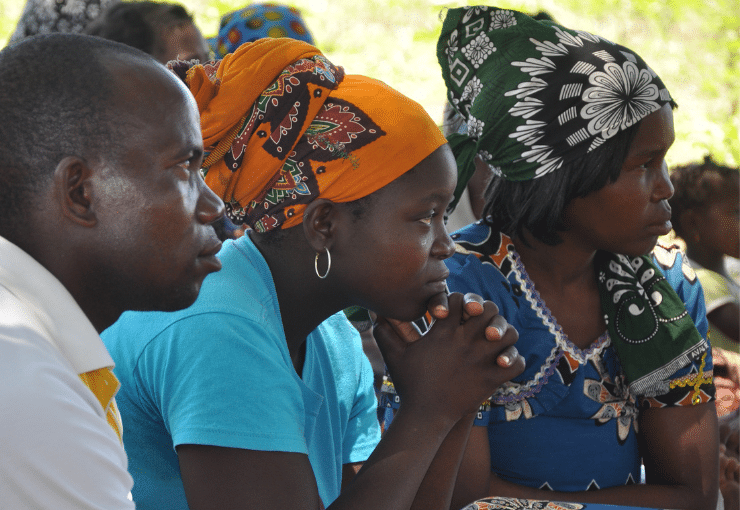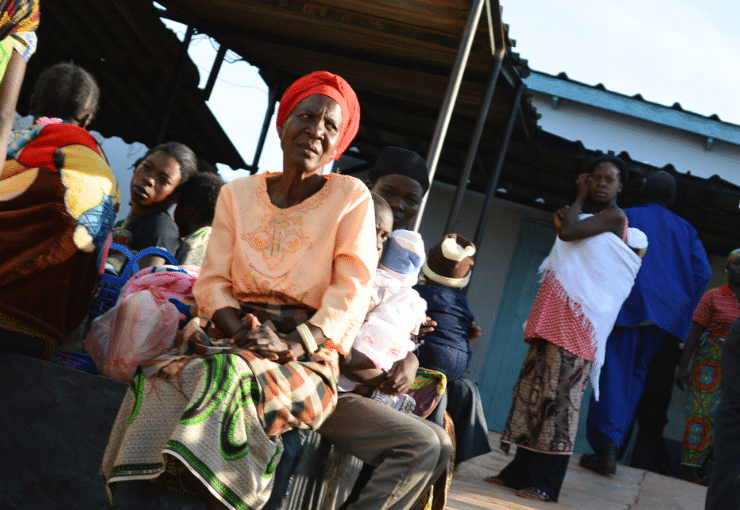Mozambique is struggling with a severe debt crisis, limiting its potential to invest in essential services like health and education. In our new brief, co-authored by N’weti and Wemos, we highlight debt cancellation as a viable solution to free Mozambique from its vicious debt cycle, enabling investments in healthcare, education and sustainable development. The brief is based on the findings from the policy note ‘Navigating the Debt Challenges and Unlocking Paths for Sustainable Growth’, from November 2024.
An overview of Mozambique’s debt crisis
Over the last decade, Mozambique’s debt has risen to over USD 11.3 billion – more than half the country’s GDP. International creditors hold 68% of the country’s debt. This burden, exacerbated by high interest rates, currency fluctuations and poor governance, leaves little room for public spending and hinders the country’s ability to provide critical services, such as healthcare, to its citizens.
Debt cancellation: freeing up resources for healthcare
Debt cancellation presents a viable and urgent solution to Mozambique. By alleviating the fiscal pressure caused by unsustainable debt repayments, the country could redirect these funds toward enhancing social welfare, improving healthcare and education, and fostering economic recovery. Such a shift would empower the country to invest in sectors like agriculture and energy, creating jobs and building resilience. Debt relief would also restore Mozambique’s financial stability, rebuilding trust with international investors and paving the way for sustainable growth.




